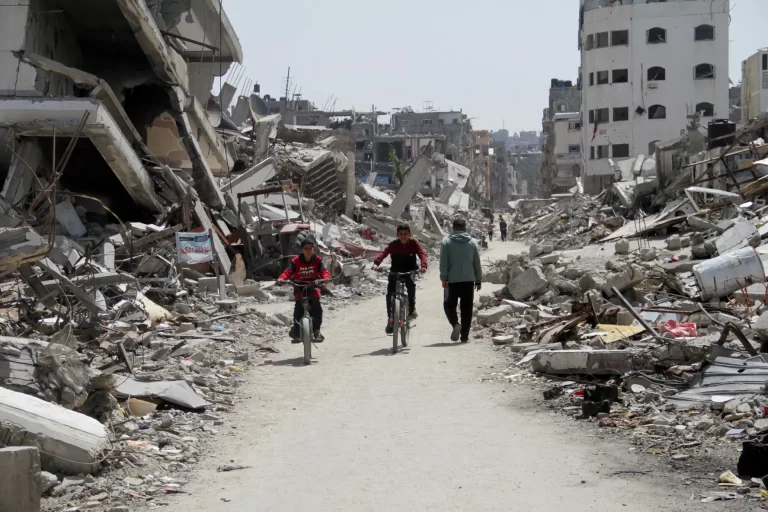The Israel-Palestine conflict remains one of the most enduring and complex geopolitical disputes in modern history. Rooted in decades of territorial and political disputes, the conflict has resulted in numerous wars, uprisings, and humanitarian crises. Despite international mediation efforts, tensions continue to escalate, affecting regional stability and global diplomacy.
Recent Escalations and Key Developments
In recent years, the conflict has intensified, with violent clashes in the West Bank, Gaza, and Jerusalem. Israeli airstrikes and military operations against militant groups in Gaza have led to civilian casualties and infrastructure destruction. Simultaneously, rocket attacks from Hamas and other militant factions continue to threaten Israeli cities.
The expansion of Israeli settlements in the West Bank remains a major point of contention. The Palestinian leadership and international bodies, including the United Nations, view these settlements as a violation of international law, further complicating the prospects for a two-state solution.
Diplomatic efforts, including U.S.-brokered negotiations and regional peace accords, have failed to yield lasting solutions. The Abraham Accords, which normalized relations between Israel and several Arab nations, marked a shift in Middle Eastern diplomacy, but they have not significantly improved the situation for Palestinians.
Humanitarian and Economic Impact
The ongoing violence has severely affected civilians on both sides. In Gaza, blockades and repeated conflicts have created dire humanitarian conditions, limiting access to essential goods, healthcare, and employment opportunities. The West Bank has also seen increasing restrictions on movement, economic hardships, and frequent confrontations between Palestinian protesters and Israeli security forces.
For Israel, security concerns remain paramount, with continued investments in defense systems like the Iron Dome to intercept incoming rockets. The conflict has also contributed to political instability, influencing Israeli elections and government policies.
International Response and Geopolitical Implications
The global response to the conflict varies widely. The United States remains a key ally of Israel, providing military and economic support. Meanwhile, international organizations and several countries continue to call for an end to occupation and human rights violations.
Regional powers, including Iran and Turkey, have positioned themselves as vocal supporters of the Palestinian cause, while Gulf nations have taken a more pragmatic approach through diplomatic normalization with Israel. The European Union and United Nations frequently advocate for renewed peace talks, but a lack of trust between the parties hinders progress.
Conclusion
The Israel-Palestine conflict remains a deeply rooted and unresolved crisis with far-reaching implications. While diplomatic efforts continue, meaningful progress depends on addressing core issues such as territorial disputes, security concerns, and humanitarian challenges. Until a comprehensive peace agreement is reached, instability in the region will persist, shaping global politics and Middle Eastern affairs for years to come.

